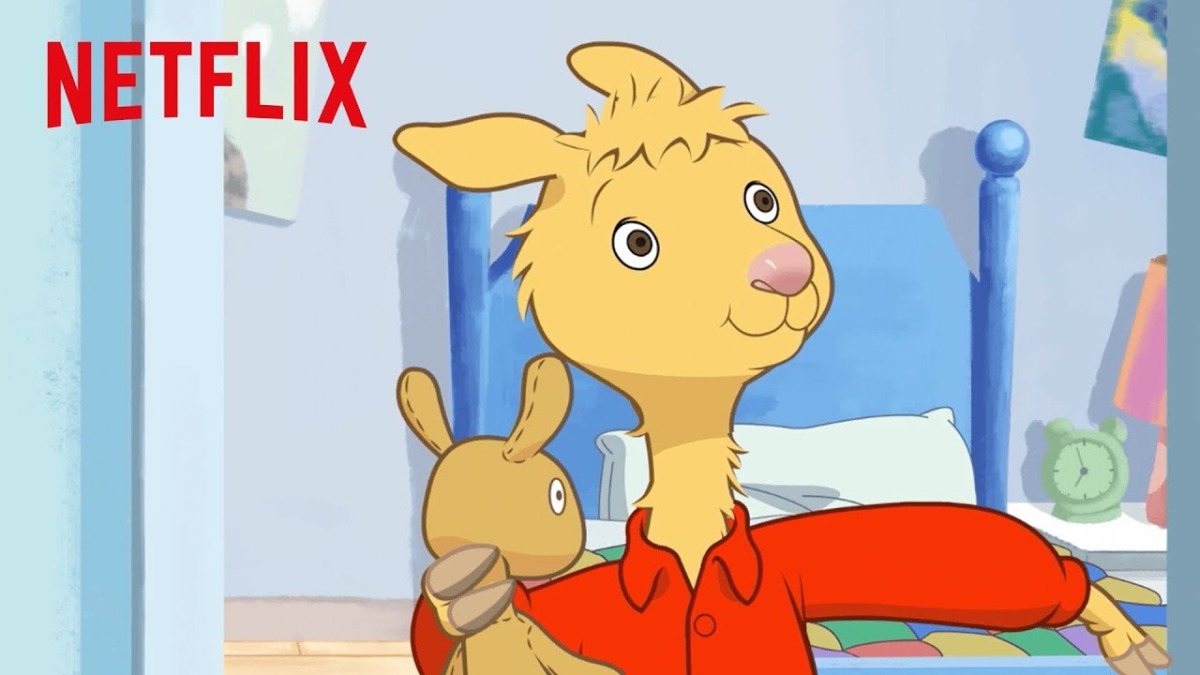This past week has been terrifying.
After the school shooting in Parkland, Florida and the horrible murder of 17 children, I clung to my son a LOT fucking harder than I ever have before.
I am sure I wasn’t the only parent out there to do this, either. We are living in a scary world – not only politically, but just in our every day lives. I don’t think there has ever been a day in my life that anxiety hasn’t crept in and said “what if this happens”, and this has only worsened since I have another life to care for. Usually I am able to realize pretty quickly that I shouldn’t fear, but it was a helluva lot harder this weekend.
My son’s father and I share custody, so my son wasn’t with me when the Parkland shooting happened. It felt like the longest week of my life, to be honest. Once I finally had him back in my arms I vowed that I would make this past weekend a fun one. After all, we never know how much time we have left.
I put my phone in another room. We saw a movie in theaters; Ferdinand, to be exact. I painted our nails. Fingernails AND toenails.
Come Tuesday morning, my son didn’t want to go to school. I honestly didn’t want him to either.
When we as parents rely on a government institution to keep our kids safe while we work, are we neglecting our kids?
This is what I thought to myself as I drove my kid to school. Despite the fact that our state hasn’t had a school shooting since 1997, I was scared. I was scared that something might happen. I was scared that my son wouldn’t know what to do.
I was scared that my son wasn’t safe.
In a society where public school education is the norm, we should be able to rely on its relative safeness for our children. But, when politics gets involved, this is not always the case.
Children in Baltimore are going without heat. Schools in many places receive less simply because of the socioeconomic background of the neighborhood. All public schools have a federal sign stating guns are not permitted on the premises. These are all the result of governmental interference.
I don’t know what public education would like in an non-violent anarchistic society, but I do believe it would be better. Without politicians who receive large amounts of money from campaigns ran by the NRA and other pro-gun lobbyists, it is bound to be better, right?
Please tell me I’m right.
I am NOT right in thinking that I am neglecting my child by taking him to public school. I am NOT right in thinking that something bad might happen there, even though it could. I am NOT right in thinking that something has to give.
Something has to be done so parents and kids don’t have to live in fear anymore. We all have to fight this. People with the money and power to sway government officials need to do something. They need to listen to our fears. They need to listen to the children that are protesting and speaking up.
We can’t give up.






 Government and the home; they are supposed to be as separate as church and state, right?
Government and the home; they are supposed to be as separate as church and state, right?
